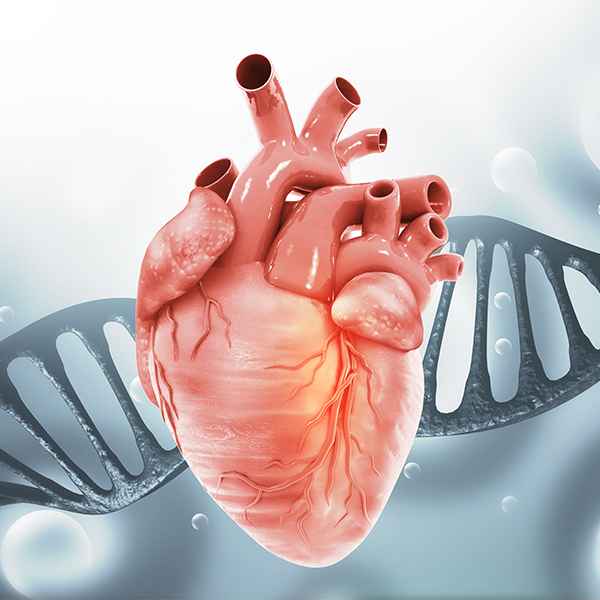-
Arizona
Researchers identify new process to raise natural armies of cancer-targeting T lymphocytes outside the body
 PHOENIX – Mayo Clinic and University of Washington researchers have discovered a new culture method that unlocks the natural fighter function of immune T-cells when they are passing through the bloodstream. This allows T-cell armies to be raised directly from blood that naturally recognize and target proteins that are present on most human cancers. The results are published in the Feb. 14 issue of Oncotarget.
PHOENIX – Mayo Clinic and University of Washington researchers have discovered a new culture method that unlocks the natural fighter function of immune T-cells when they are passing through the bloodstream. This allows T-cell armies to be raised directly from blood that naturally recognize and target proteins that are present on most human cancers. The results are published in the Feb. 14 issue of Oncotarget.
“Even though it is relatively easy to collect billions of T-cells directly from patient blood, it has historically proved difficult or impossible to unleash those T-cells’ natural ability to recognize and target cancer cells,” says Peter Cohen, M.D., a Mayo Clinic immunotherapist who co-led the study with Mayo Clinic immunologist Sandra Gendler, Ph.D., and University of Washington immunotherapist Nora Disis, M.D.
“Our method strictly employs natural signals to activate the immune blood cells outside the body,” says Dr. Disis. “This gives rise to expanded armies of T cells, which specifically recognize proteins that are present on cancer cells and which can be reinfused into patients for therapeutic evaluations in future clinical trials.”
MEDIA CONTACT: Julie Janovsky-Mason, Mayo Clinic Public Affairs, 480-301-6173, newsbureau@mayo.edu
The research team tested the method’s ability to stimulate T-cell responses against MUC1, a protein expressed by a large majority of patients’ cancers, including breast, pancreatic, lung, colorectal, ovarian, kidney, bladder, and multiple myeloma. Also tested were HER2/neu, a protein present in one-quarter to half of many types of cancer, and CMVpp65, a protein present in half of primary brain tumors.
“Our culture method is similar to performing a vaccination procedure entirely outside the body, and it was successful for all three proteins,” adds Dr. Gendler, the David F. and Margaret T. Grohne Professor of Therapeutics for Cancer Research.
The researchers found that T-cells traveling within the bloodstream naturally remained locked in a resting state unless they were exposed to natural alarm signals normally triggered only by serious infections. Once outside the body, however, the T-cells could be exposed safely to such alarm signals to unleash their fighter function. When the T-cell cultures also were exposed to MUC1, HER2/neu, CMVpp65 or other cancer-associated proteins, it only required three weeks to grow out natural T-cell armies trained to recognize and target cancers expressing these proteins.
“The cancer-associated proteins we have tested so far already target the majority of human cancers, and it is likely that this culture method will extend to many additional proteins present on cancer cells,” explains Dr. Gendler. Dr. Cohen adds, “We are pleased to help other investigators implement our culture method for their own cancer-associated proteins of interest.”
Other key contributors to the study are:
- Latha Pathangey, Mayo Clinic
- Dustin McCurry, Mayo Clinic
- Ana Dominguez, Mayo Clinic
- Girish Pathangey, Mayo Clinic
- Jessica Gorman, Mayo Clinic
- Laurie Mihalik, Mayo Clinic
- Yushe Dang, Ph.D., University of Washington
Funding was provided by the Lefkofsky Family Foundation in support of this research.
###
About Mayo Clinic
Mayo Clinic is a nonprofit organization committed to clinical practice, education and research, providing expert, whole-person care to everyone who needs healing. For more information, visit http://www.mayoclinic.org/about-mayo-clinic or https://newsnetwork.mayoclinic.org/.







